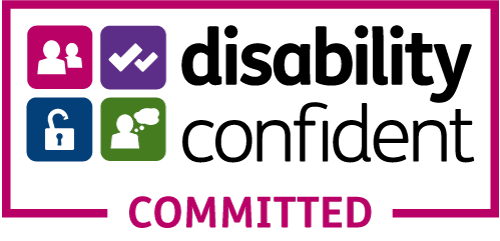RECRUITMENT TRENDS TO WATCH IN 2025
As we head into 2025, the recruitment landscape continues to transform, driven by new technologies, shifting workforce demographics, and evolving candidate expectations. To stay competitive, companies need to adapt their hiring practices to attract and retain the best talent. Here’s a look at the top recruitment trends expected to shape the industry in the coming year.
1. Leveraging AI for Smarter Hiring
Artificial Intelligence (AI) is becoming a cornerstone of modern recruitment, enabling faster, data-driven hiring decisions. According to Fast Company, by 2025, 70% of companies are expected to use AI in their recruitment processes—a significant increase that underscores its rising importance in talent acquisition.
AI’s capabilities extend from screening applications and scheduling interviews to predicting a candidate’s job fit based on behavioral data. This tech-savvy approach will reduce time-to-hire, improve accuracy in candidate selection, and help companies maintain an efficient hiring process, particularly beneficial in today’s fast-paced recruitment market.
2. Embracing Remote and Hybrid Work Technologies
The remote work revolution that started in recent years shows no sign of slowing down. Instead, companies are investing in advanced remote work technologies to create a seamless hybrid working environment. Platforms for virtual collaboration, remote onboarding, and digital team-building are being prioritised, allowing businesses to tap into a wider talent pool.
According to OnRec, over 50% of companies plan to enhance their remote work infrastructure by 2025. This shift not only improves work-life balance but also makes roles more accessible to candidates across different geographies, catering to the growing demand for flexible work options.
3. Responding to Shifting Demographics: The Gen Z Influence
The rising influence of Gen Z in the workforce is reshaping recruitment strategies, especially as this generation brings unique priorities. Unlike previous generations, Gen Z prioritises values such as diversity, transparency, and opportunities for personal growth.
According to Korn Ferry, companies that don’t adapt to these preferences may find it challenging to attract Gen Z talent, who will comprise nearly 30% of the workforce by 2025. To appeal to this demographic, recruiters will need to emphasise inclusive hiring practices, career development pathways, and a supportive work culture that aligns with these values.
4. Building a Stronger Company Culture as a Competitive Edge
Workplace culture has moved beyond being a “nice-to-have” and has become a crucial factor for job seekers. A positive, inclusive culture directly influences employee satisfaction and retention rates, which is why it remains a priority for forward-thinking companies.
Gensler notes that businesses with well-defined cultures experience up to 40% lower turnover, as employees feel more aligned with organisational values and goals. Heading into 2025, companies should focus on showcasing their culture in employer branding efforts, highlighting their commitment to inclusivity, employee well-being, and values alignment. This strategic emphasis on culture is essential to resonate with candidates who now prioritise meaningful work and a sense of belonging.
5. Incorporating Data-Driven Insights for Tailored Recruitment
Data analytics has become indispensable in understanding and predicting recruitment trends. By using data insights, companies can refine their hiring practices to be more strategic, targeting the right candidates more effectively.
As per ISHIR, data-driven recruitment enables companies to identify hiring patterns, assess candidate engagement, and anticipate future talent needs. This trend also includes tracking the success of new hires, enhancing the ability to measure return on investment in hiring. Data-driven recruitment will allow companies to be more agile and responsive to industry shifts, ensuring they remain competitive in a rapidly changing job market.
6. Greater Emphasis on DEI (Diversity, Equity, and Inclusion) Initiatives
In 2025, DEI initiatives are set to be more than just a box-checking exercise. Companies are increasingly aware of the competitive advantage that comes from diverse perspectives and inclusive teams.
According to OnRec, diversity initiatives can boost team performance by up to 35%, making it a priority for talent acquisition leaders. Candidates are also looking for companies that reflect their values and foster a sense of belonging, especially in a landscape where DEI has become a pivotal factor in employer brand perception. As such, businesses that actively prioritise diversity and inclusivity will have a significant advantage in attracting talent from a variety of backgrounds and perspectives.
Adapting to 2025 and Beyond
As we close out 2024, it's clear that the recruitment landscape is shifting in important ways. Embracing these trends and adapting strategies will be crucial to staying competitive in the coming year. Whether it’s leveraging new technologies, aligning with changing workforce priorities, or building a culture that truly connects with candidates, 2025 offers fresh opportunities for growth and innovation.
Here’s to a new year focused on smarter hiring, stronger teams, and a future-ready approach to recruitment!
Share Here























